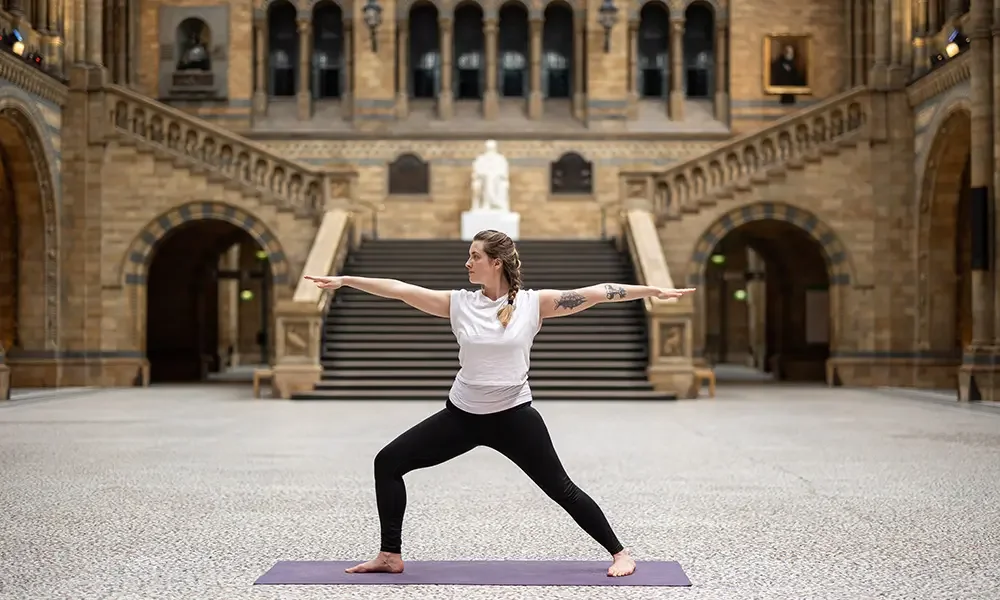Different Dating Apps for Different Needs (And Maybe Not the Needs You First Had in Mind)
Having been loyal to Hinge as a dating app for as long as I can remember, and with little-to-no success regardless of how you define it, recent post-pandemic socialising with other singletons has made me more aware of the alternatives on offer.
A few times I’d heard the Feeld app mentioned, branded in my mind as primarily sex-based. Now I was hearing otherwise, and that instances of what had originally started as something ‘casual’ initiated through the app, were now ending in relationships.
Now my main goal with dating apps isn’t necessarily a relationship even though this did used to be the case. The more time I’ve spent adapting to the single existence, the more I’ve seen the value in, and felt enjoyment of, the experience.
That said, despite a significant amount of time input, I recently estimated my first-to-second date conversion at about 5% with that likely being the upside. Whilst it appears to be the case for some, typing into a clunky app endlessly with no further outcome is really not my idea of a good time. So on a hungover Sunday, I downloaded Feeld.
I filled in as few details as I could, only signifying that I like dates, tennis and singles (1-1 interactions between to single people to be specific). An early positive was that I wasn’t forced to input lots of data as on Hinge - a quick profile set-up and you can remain stealth. I had a browse and on promptly realising the intensity of the scene – lots of unknown acronyms and honesty about preferences, I balked and deleted. I think my main fear being that colleagues would see me on the app and reputationally at work I’d be seen as some sort of a sex fiend. A bit silly, but that was the thought process.
But intrigue got me and back on I went. Within a couple minutes I get a ‘ping’ (a way of signifying you are particularly interested in someone) from my colleague’s housemate I’d met last weekend. Cat is out the bag.
That evening conversations with many started easily and flowed with a tone of honesty and little expectation, I believe from both sides. I am not sure whether it was the general UX or the types of people I was talking to, but already it felt less static than my experience on Hinge.
I’ve not met too many from the app yet, however as it stands most of my time on dating apps is now on Feeld. Maybe it’s the novelty, maybe it’s the more eclectic crowd. I also question whether the algorithm on Hinge works just too well, and a type that is apparently not working for me is now all I am being shown.
As I started to think about writing this piece, I asked more single friends if they were on other apps. Bumble got some mentions and so I downloaded, albeit with the effort of setting up yet another profile weighing heavily.
An immediately apparent negative to Bumble is that it’s very commercial. I can barely spend a minute without running into notification that I need to purchase something, the feeling being that unless you do, you will be getting the very barebones of experience.
Bumble encourages you to give greater consideration to who to swipe right on (and effectively say yes to), as you can’t rely on persuasion thereafter to interact through a thoughtful opener from the other person (women have to talk first and you need to do so within 24 hours). A more proactive, quality over quantity approach is therefore inspired. For someone who online dating ends up near the bottom of my preferred activities and I’m sure for others too, this can be no bad thing.
Something else I notice on comparison of the apps is that both Feeld and Bumble ask you to detail what you are looking for (casual, long/short-term, marriage, One Night Stand (ONS)). Being upfront on this reduces time-wasting and prompts the management of expectations, including in the resulting conversations. I frequently hear mismatches of what people are looking for on Hinge, resulting in disappointment and likely less use of the app.
A final few points on Feeld. I come across people with unusual jobs who as a result tend to either not be in the same place for long periods, and/or don’t have time for serious dating. If you’re just up for meeting interesting people and aren’t bothered if it doesn’t become serious or long-term, you can do that on there too.
I have at times found the environment overwhelming: after an initial intro, often just a ‘hello’, it’s not unusual for people dive straight into questions on your kinks, what you are into, etc. Whilst I do admire people’s brazen openness, it feels necessary to at least have some rapport build before those types of discussions.
I’ve also experienced people trying to invite themselves over to my place, us having not met at all prior. I’d imagine there is an increased level of comfort for men on this one, but unsurprisingly this doesn’t feel safe to me, no matter how much you’ve talked beforehand. You also have the potential situation of needing to remove someone from your own home that you’ve discovered upon meeting that you’re not attracted to, or worse don’t actually like as a person.
For myself and others I’ve spoken to, there seems to be variance in opinion and success on different apps depending on the individual. If you are on them and like so many are not finding what you are looking for, then I’d recommend shopping around a little (I’m aware there are far more than I’ve mentioned here out there). It appears that similar to the words of Ricky Gervais, there are indeed different apps for different needs.
Words by Olivia Samuels







